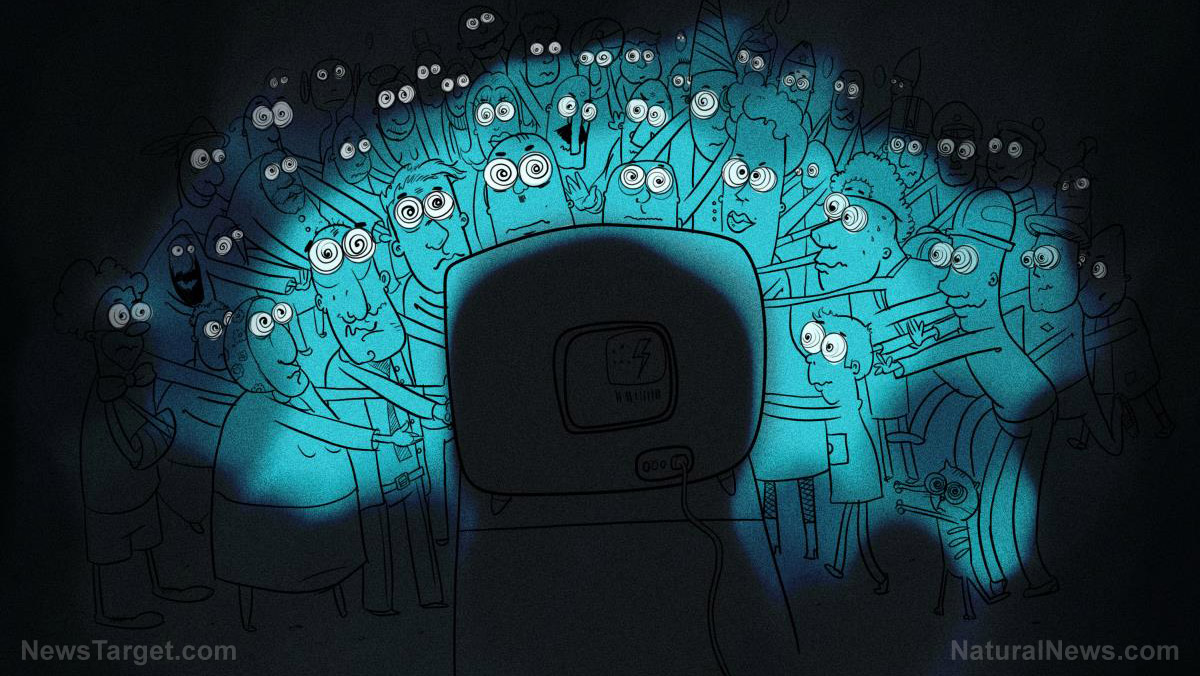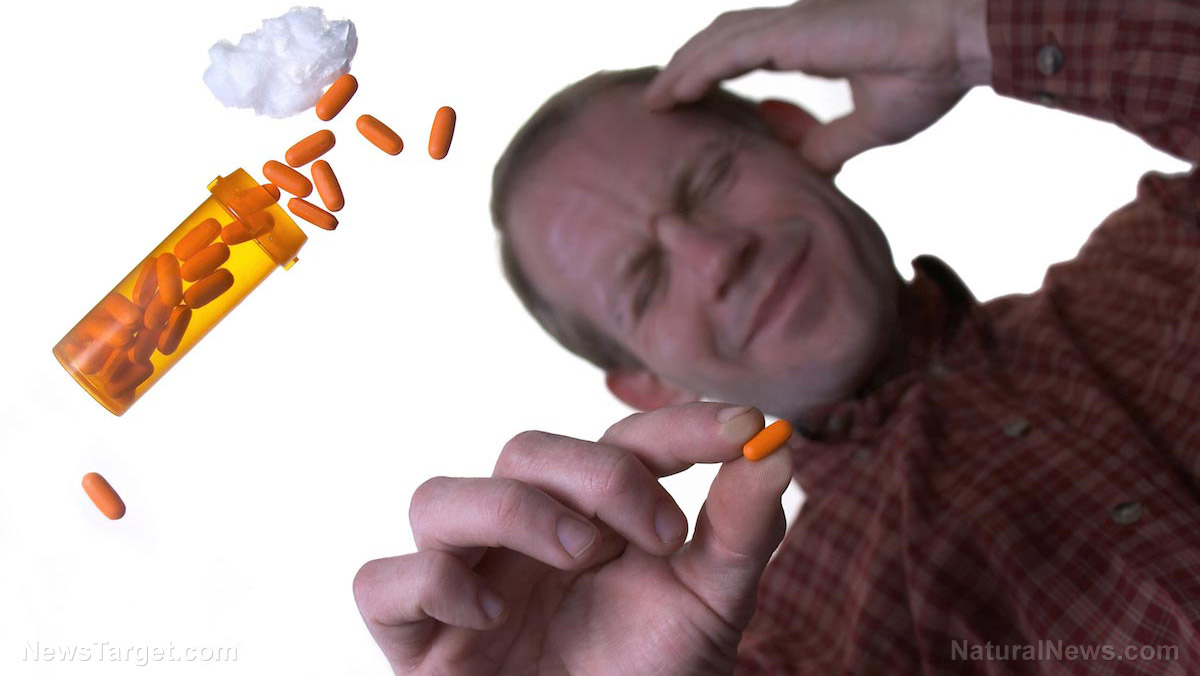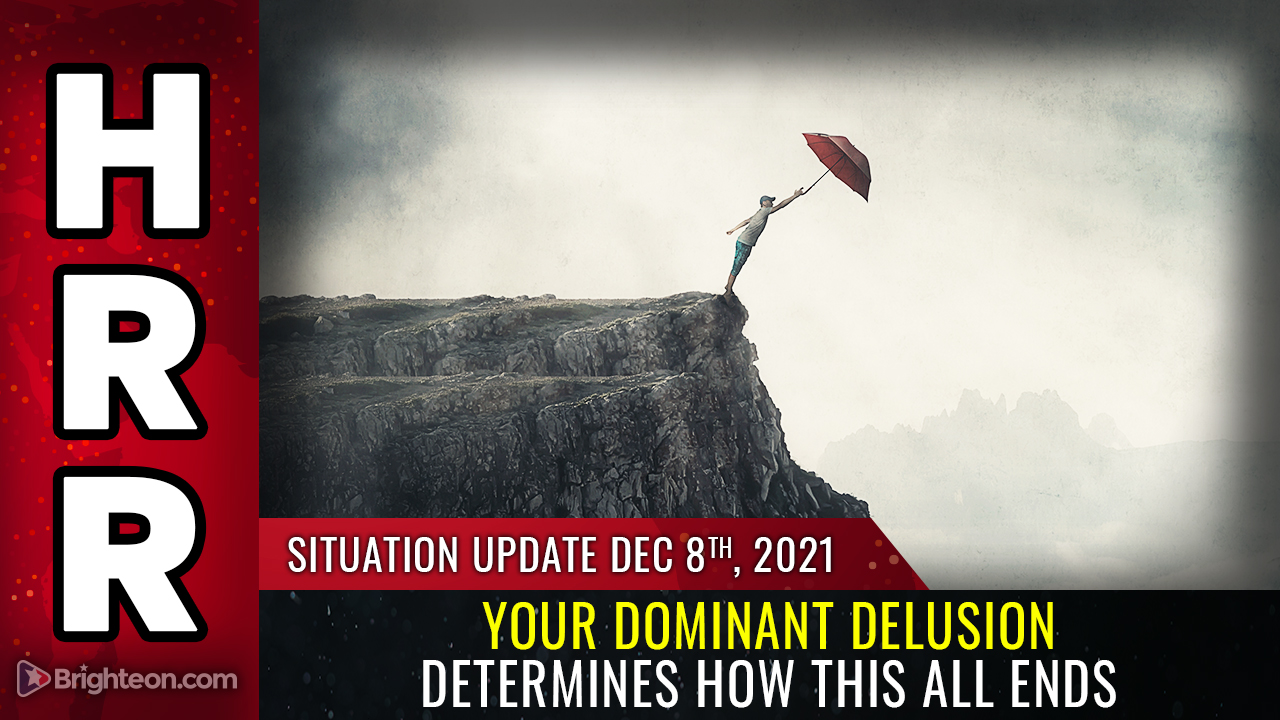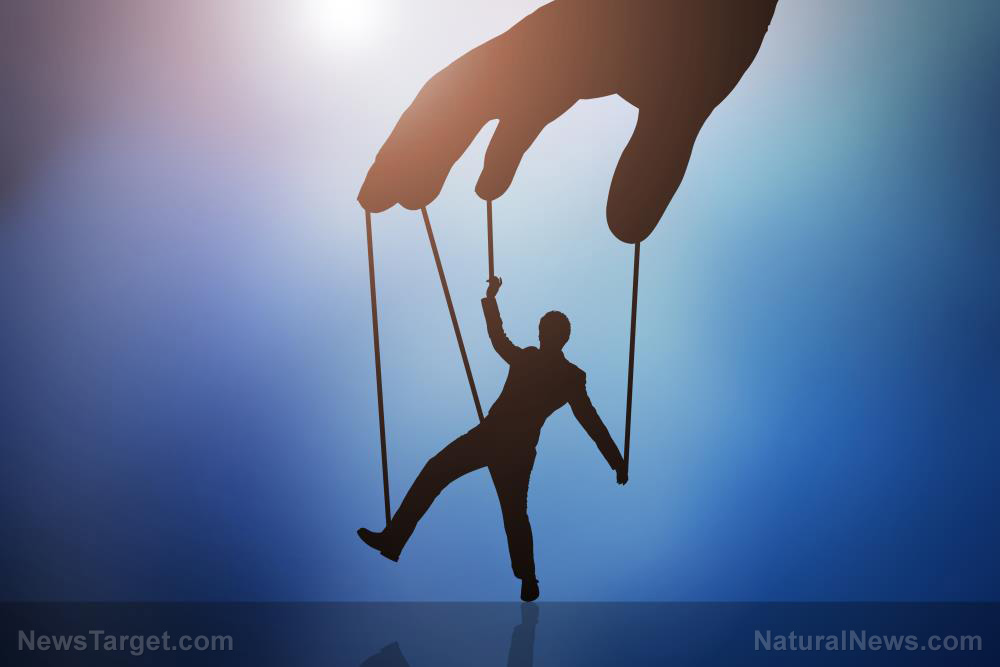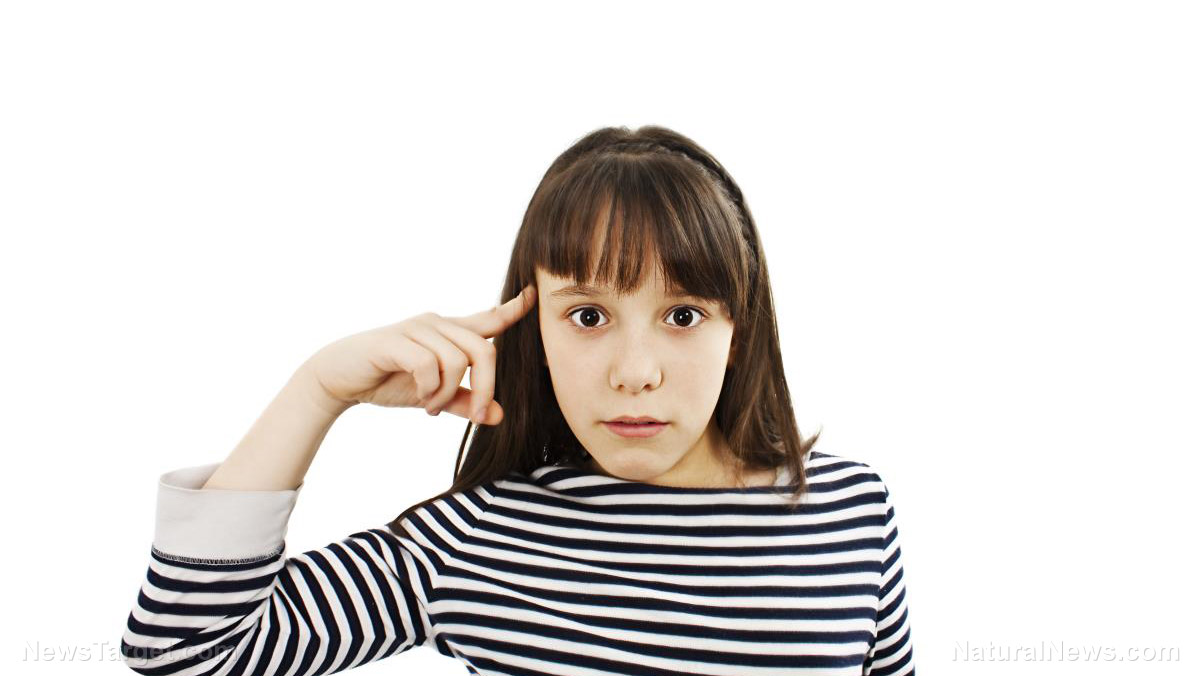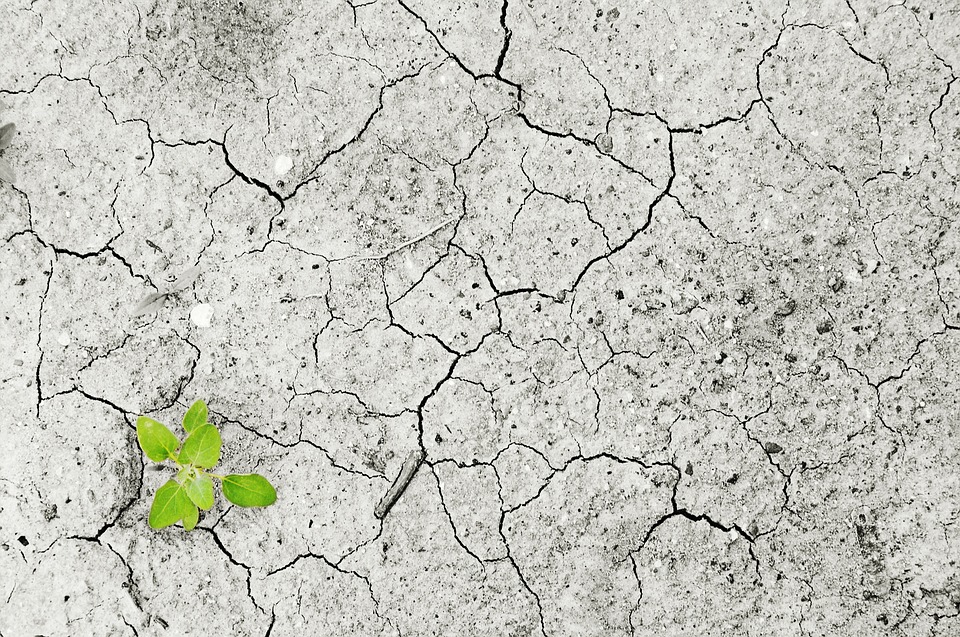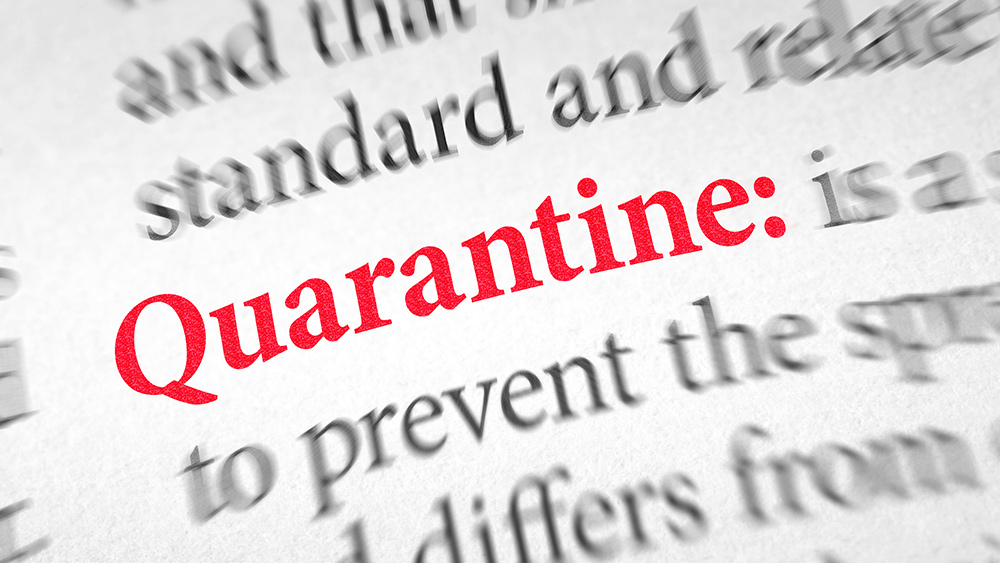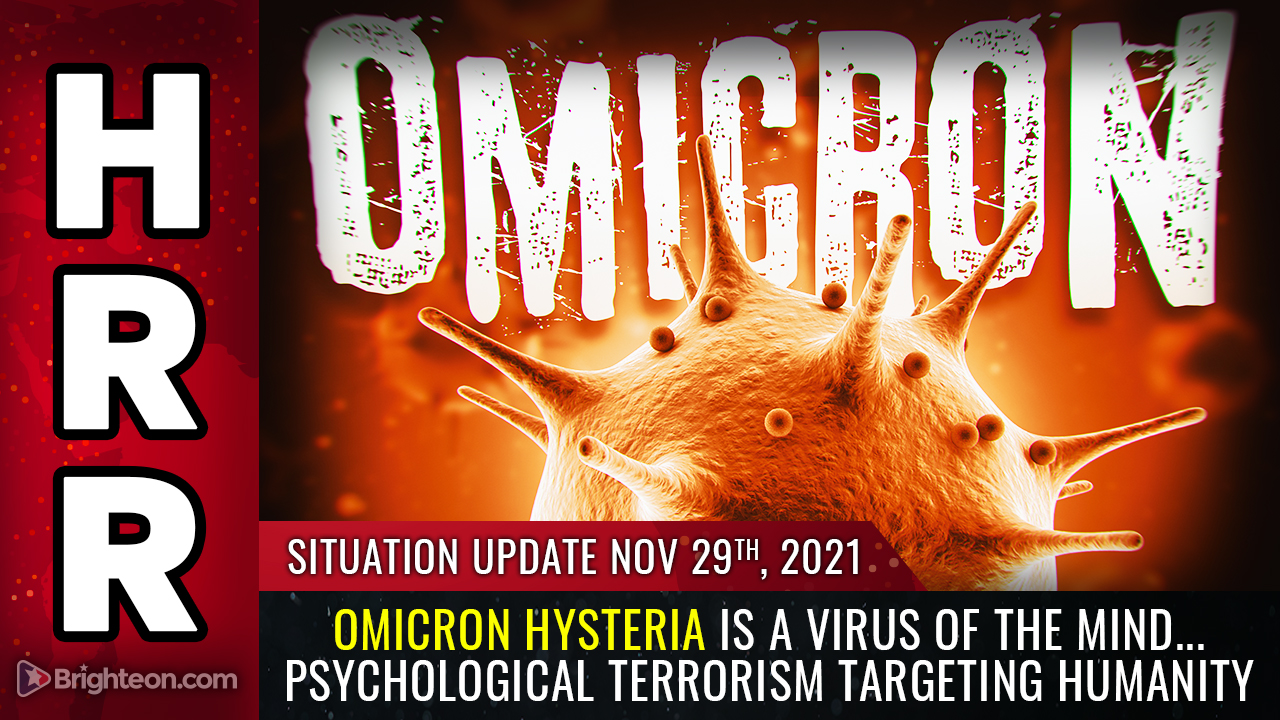The link between social media and depression: How to care for your mental health
11/29/2021 / By Virgilio Marin

While scientists continue to research social media’s impact on human health, recent findings suggest that social media contributes to symptoms of depression, especially among the youth. Take a look at the following study to learn more about the link between social media and depression, as well as tips on how to care for your mental health in these modern times.
Social media aggravates negative feelings
In a study published in the journal Child Development, a team led by researchers from the University of Texas at Austin found that receiving fewer “likes” compared to your peers can lead to intense feelings of rejection and negative thoughts of oneself.
The researchers conducted a series of experiments to explore the psychological effects of receiving insufficient positive feedback online. The team recruited teenagers for the study and told them that they were trialing a new social media application that allowed them to create a profile, as well as view and like the profile of same-age peers. But in reality, the likes were randomly assigned.
The app tallied the number of likes each participant had gotten and displayed a ranking of who had the most likes. After examining the post-task questionnaires, the researchers found that students who received fewer likes reported more feelings of rejection and other negative emotions than those who received more likes.
Subsequent experiments using the same experimental task also showed that teens with the strongest negative reaction to receiving a small number of likes were more likely to experience symptoms of depression and had higher sensitivity to stressors. Meanwhile, bullying victims had the most negative reactions to receiving fewer likes and had the greatest tendency to attribute this lack of likes to their character flaws. (Related: Nutrients and brain health: Which ones are great for improving mental health?.)
The researchers remarked that social media has the potential to worsen feelings of rejection and inadequacy in adolescents, as people who are unpopular at school commonly seek validation in social media. But instead of feeling redeemed, teens can experience the same crushing disappointment of not measuring up to their peers.
“These results are striking, in part, because the adolescents aren’t getting bullied or harassed; they’re just not getting ‘liked’ as much as they want to be. And that’s leading them to show symptoms of depression,” said co-author David Yeager, an associate professor of psychology at UT Austin.
Mental health tips for social media users
Take a look at the following self-help tips for better mental health: (h/t to AskDrShah.com)
- Limit social media use – Spending time away from your phone provides fewer opportunities to compare yourself to others. You also get more time to be physically active, which has a positive impact on mental health.
- Turn off notifications – Notifications can interrupt your focus and tempt you to use social media.
- Socialize personally – Spending quality time with your family and friends in person is a good way to bond with them and free your mind of social media.
- No smartphones in bed – Avoid using your phone for at least one hour before bed for better sleep. Lack of sleep can contribute to depression and anxiety.
- Seek help – If you’re experiencing symptoms of depression or know someone who does, seek help from your support system or a mental health professional.
Incorporate these tips into your daily routines to care for your mental health. Read more mental health guides at BeatDepression.news.
Sources include:
Tagged Under: adolescence, anxiety relief, beatdepression, bullying, mental health, mind body science, prevention, research, self-help, Smartphones, Social media, stress relief, tips
RECENT NEWS & ARTICLES
Mental.News is a fact-based public education website published by Mental News Features, LLC.
All content copyright © 2018 by Mental News Features, LLC.
Contact Us with Tips or Corrections
All trademarks, registered trademarks and servicemarks mentioned on this site are the property of their respective owners.




